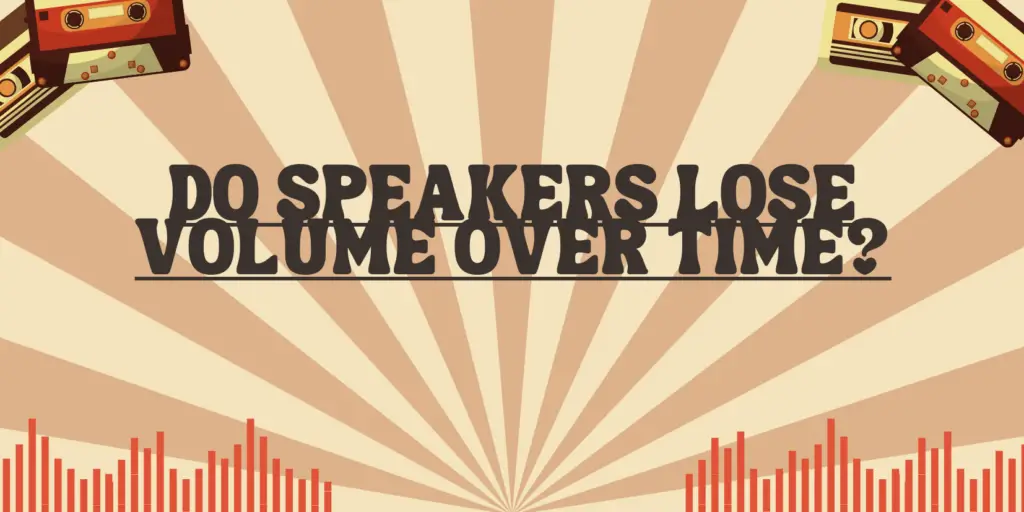Speakers are essential components of audio systems, whether in a home theater, car audio, or professional setups. Audiophiles and music enthusiasts often wonder about the long-term performance of speakers. One common question is whether speakers lose volume over time as they age. In this article, we will explore the factors that influence speaker performance and determine if speakers indeed lose volume with age.
The Mechanics of Speaker Performance
Before delving into the aging process, it’s important to understand how speakers work and produce sound. Speakers consist of several components, including a diaphragm (or cone), a voice coil, a magnet, and a suspension system. When an electrical audio signal is applied to the voice coil, it moves within the magnetic field, causing the diaphragm to vibrate and produce sound waves.
Factors That Affect Speaker Performance Over Time
- Mechanical Wear and Tear: As speakers are used, their moving parts can experience wear and tear. The diaphragm, voice coil, and suspension components may deteriorate, potentially affecting the speaker’s performance.
- Material Degradation: The materials used in speaker construction can degrade over time due to exposure to heat, humidity, or environmental factors. For example, foam surrounds or rubber components can become brittle or deteriorate, affecting the speaker’s functionality.
- Dust and Debris: Dust and debris can accumulate on the diaphragm and impact the speaker’s ability to move freely. This can result in reduced sound quality and output.
- Electrical Components: The electrical components of a speaker, such as the voice coil, can change over time due to heat generated during use. This may lead to changes in the speaker’s electrical characteristics.
Do Speakers Lose Volume Over Time?
In general, speakers can experience a decrease in performance over time due to the factors mentioned above. However, the degree to which they lose volume and sound quality can vary widely depending on several factors:
- Quality of Construction: High-quality speakers are often designed to withstand the test of time better than budget or low-quality alternatives. Well-constructed speakers with premium materials tend to age more gracefully.
- Environmental Conditions: The environment in which speakers are used plays a significant role in their longevity. Extreme conditions, such as exposure to high humidity or direct sunlight, can accelerate the aging process.
- Maintenance: Regular cleaning and maintenance of speakers can help extend their lifespan and maintain performance. Cleaning the diaphragm, checking for loose or damaged components, and keeping the speakers free from dust can make a difference.
- Usage Patterns: The usage patterns of speakers also impact their longevity. Pushing speakers to their limits at high volumes for extended periods can result in more significant wear and potential damage.
In conclusion, while speakers may experience some decrease in volume and sound quality over time due to wear and environmental factors, this decline is not always significant, especially with well-maintained, high-quality speakers. Regular maintenance, proper care, and ensuring that speakers are not exposed to extreme conditions can help preserve their performance and extend their lifespan. While all speakers may eventually show signs of aging, the rate at which this occurs can be managed to maintain satisfactory audio quality for an extended period.

